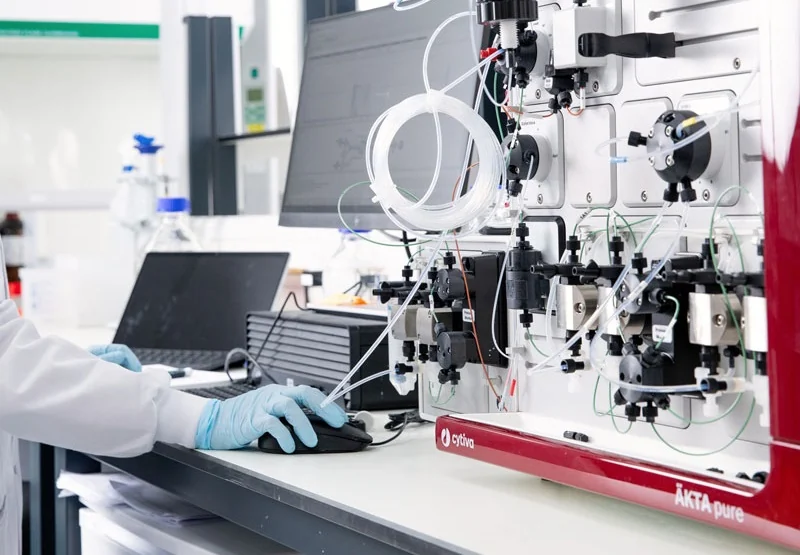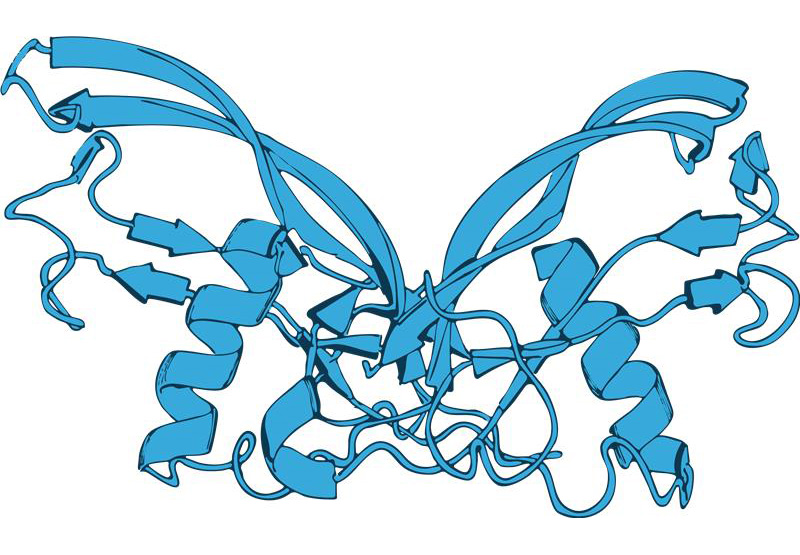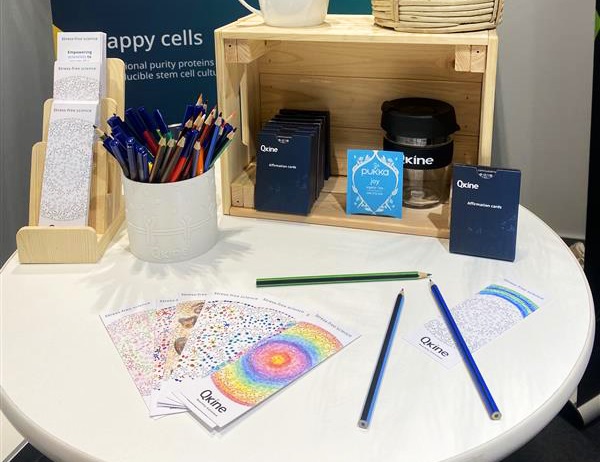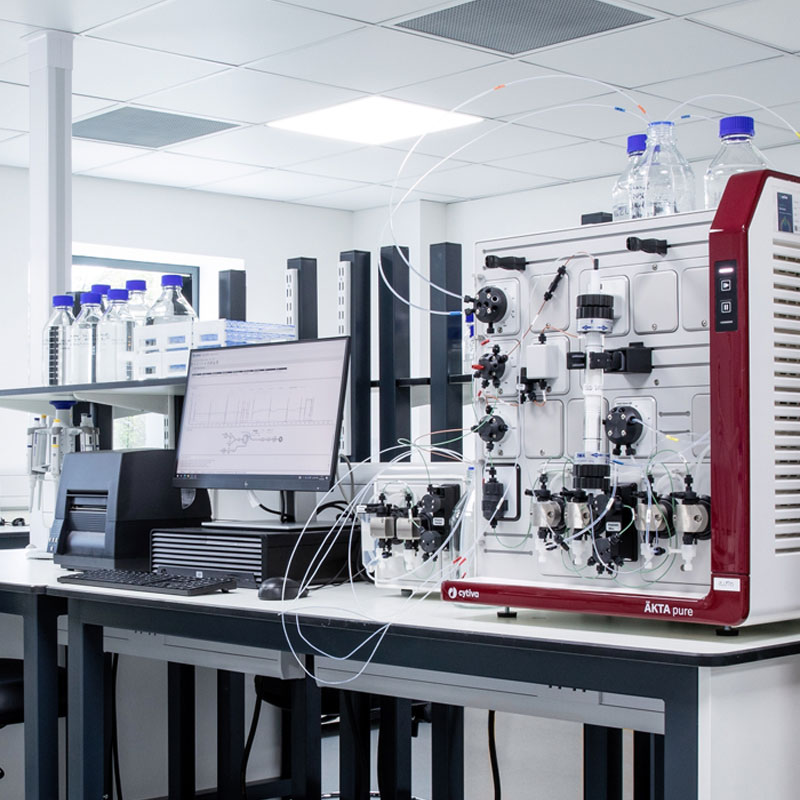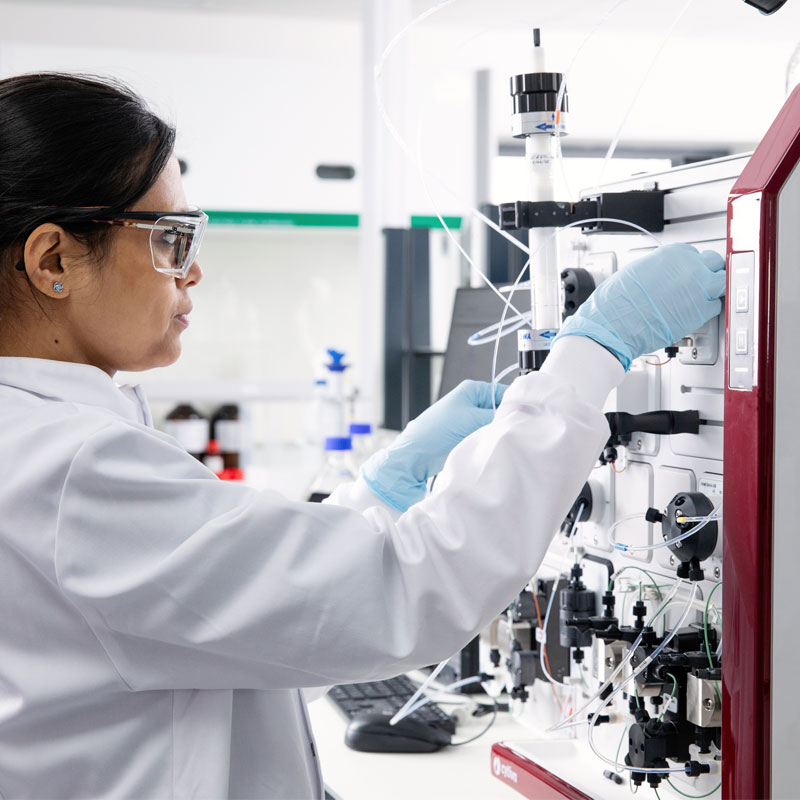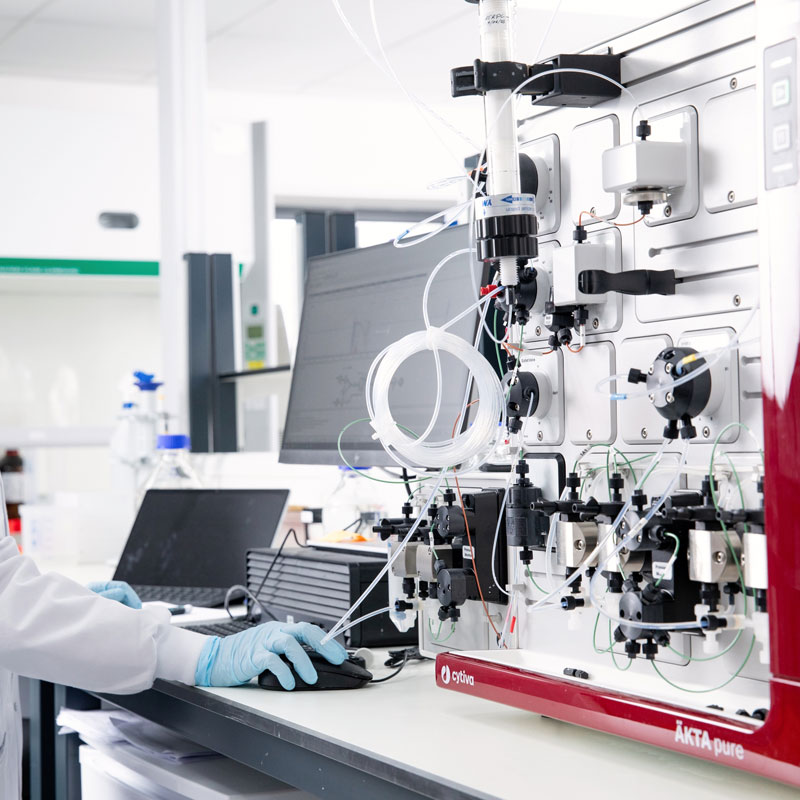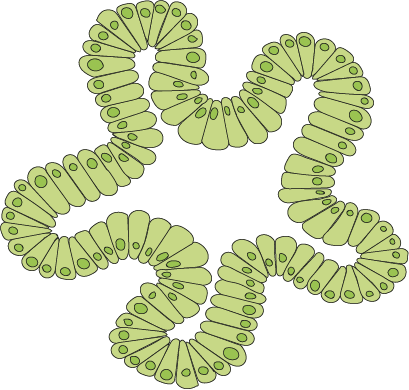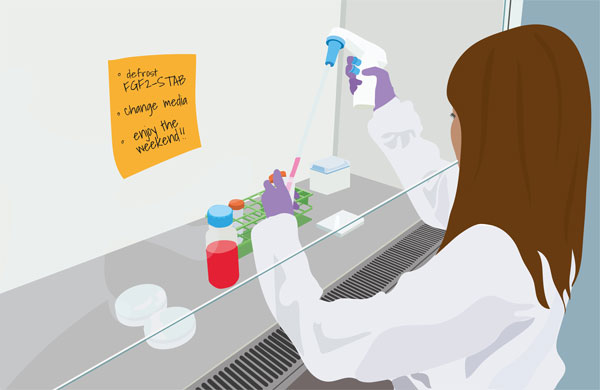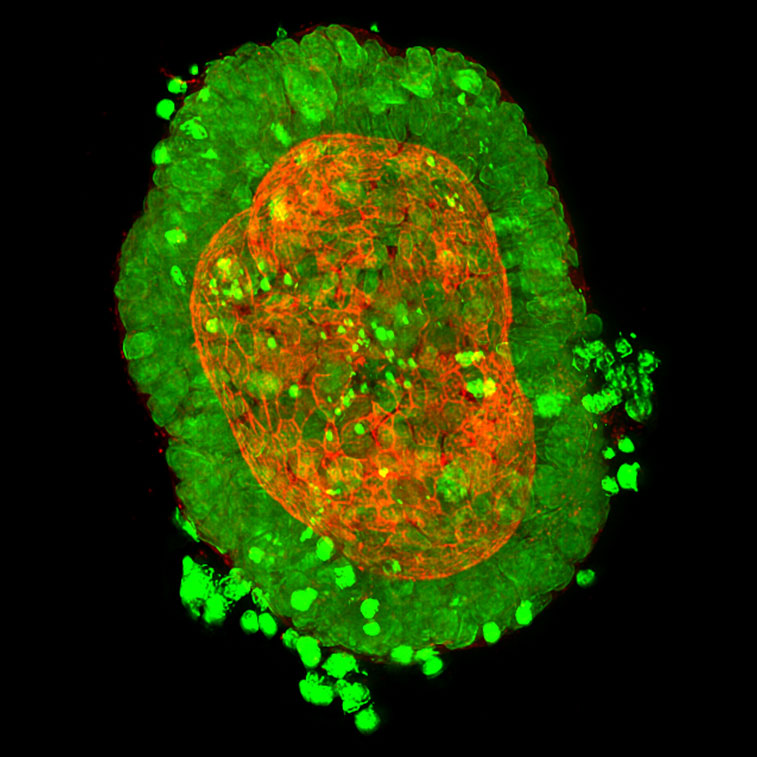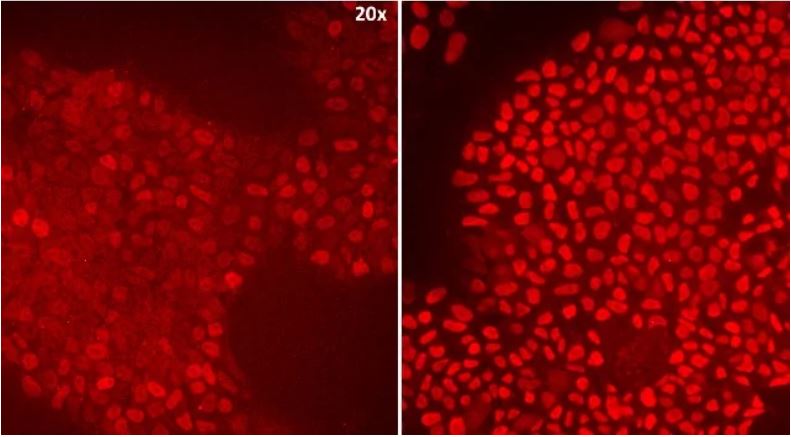Unexpected consequences: growth factor cross-contamination in mammalian and E. coli expressed growth factors
At Qkine we have repeatedly highlighted the need for stricter process and quality control in the manufacture of high purity in recombinant growth factors to prevent cross contamination with related growth factors. Contamination with other bioactive proteins leads to lack of inter and intra-lab reproducibility, or perhaps most concerningly incorrect scientific conclusions.
